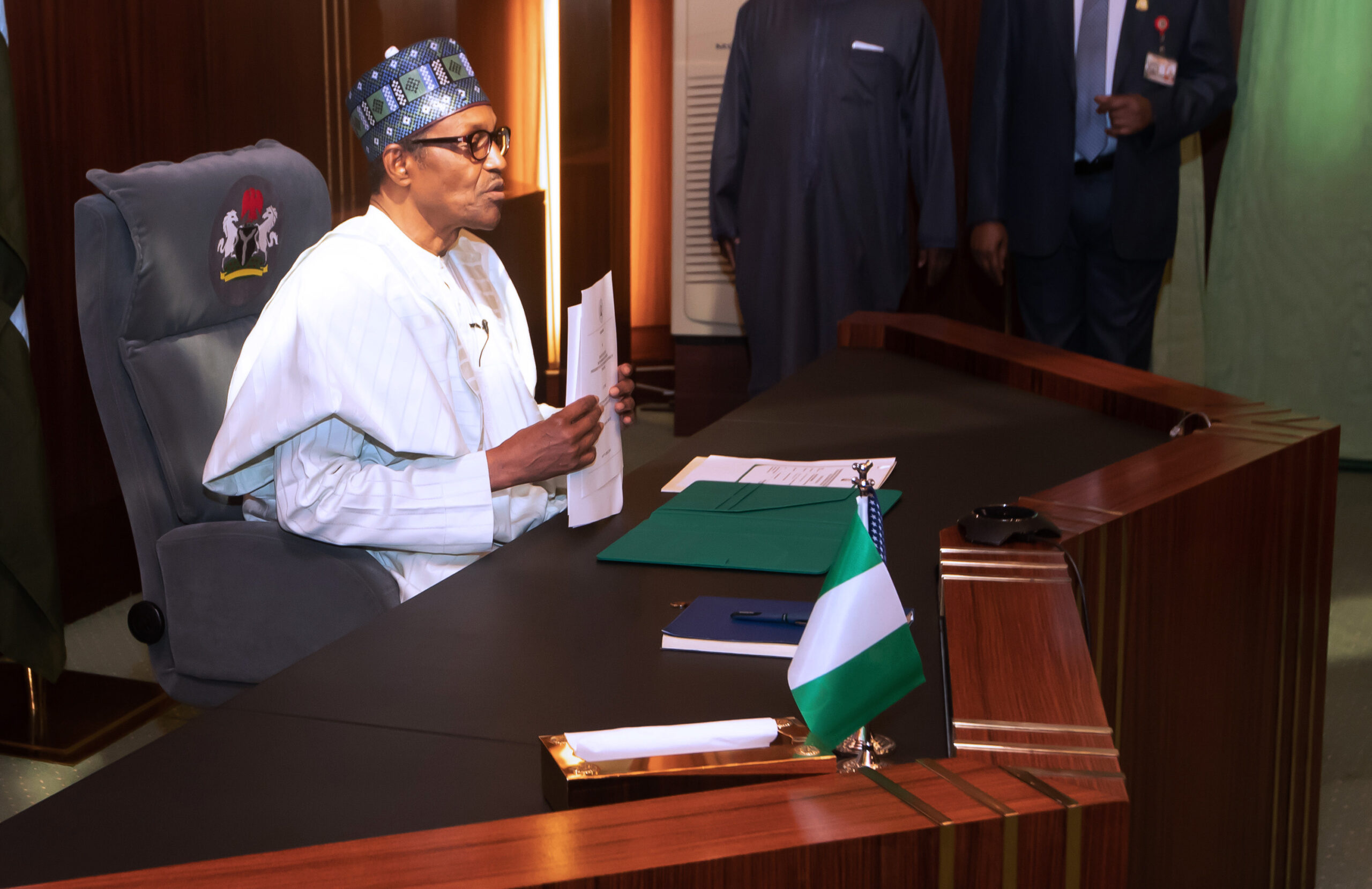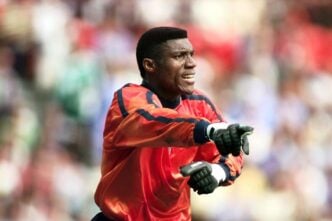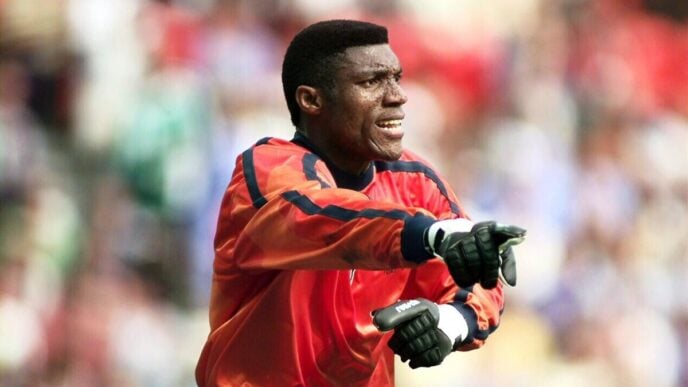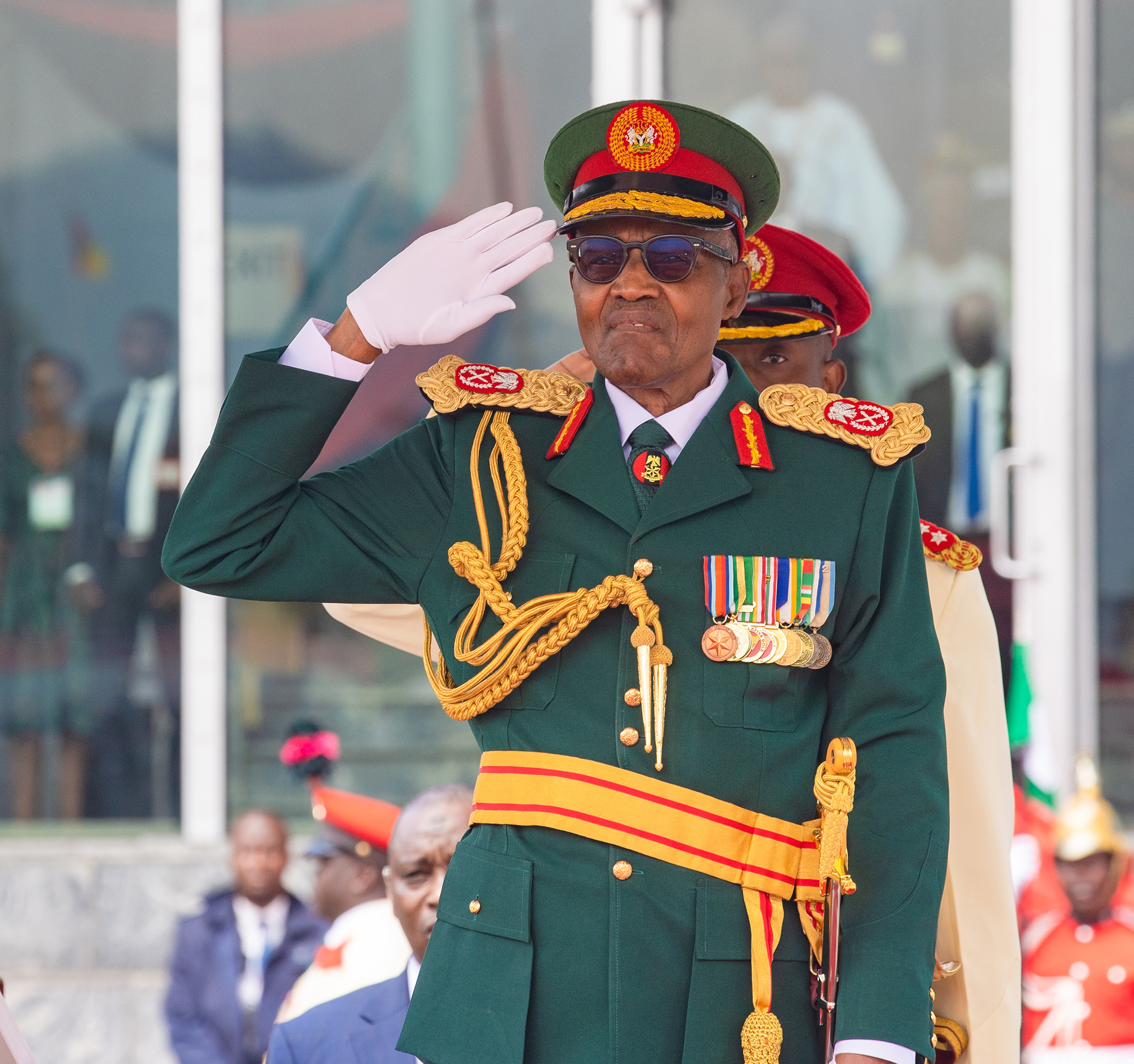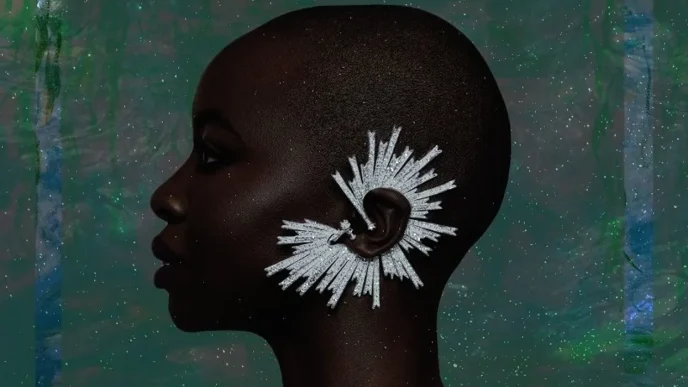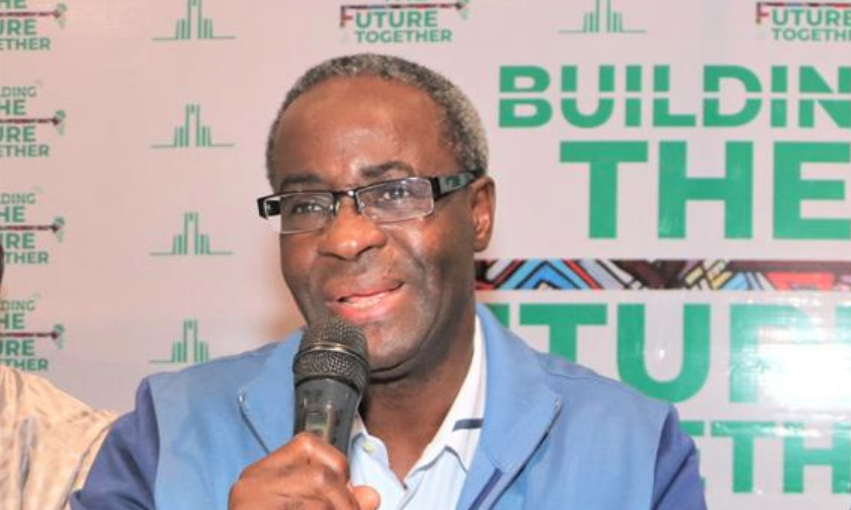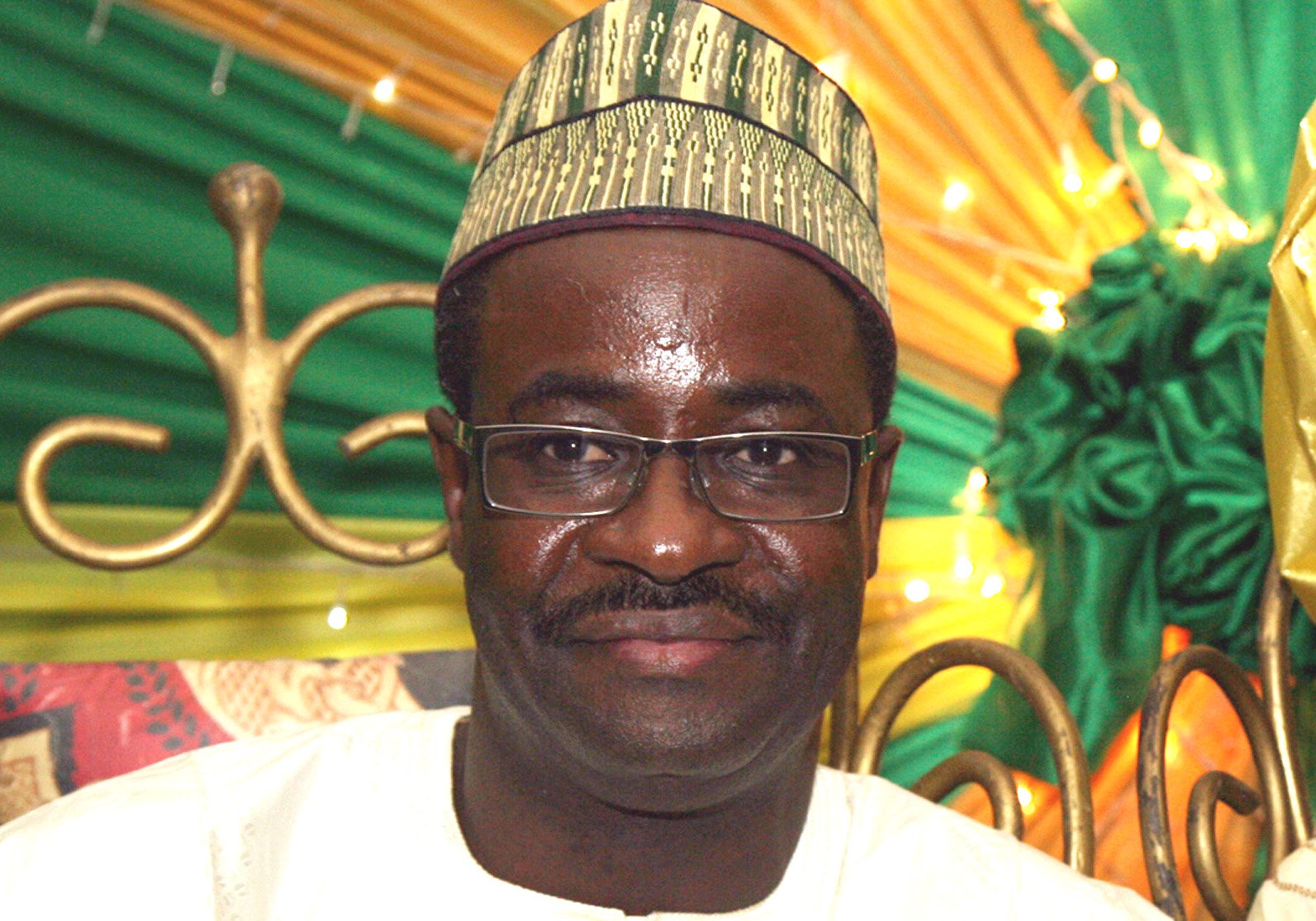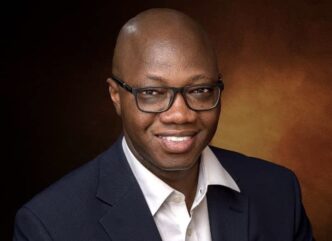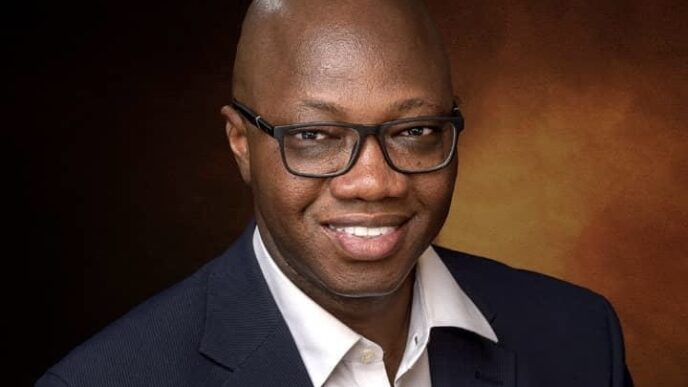BY IBRAHEEM MUHAMMAD MUSTAPHA
The passing of former President Muhammadu Buhari on July 13, 2025, presents a fascinating and troubling paradox for the information ecosystem. Instead of closing a chapter, it appears to have reopened a well-worn, debunked narrative that the “real” Buhari died during his medical trip to London in 2017, and was replaced by a clone or body double named “Jibril” from Sudan.
As a fact-checker who has previously addressed and debunked this claim, this moment is a sobering litmus test for me and other fact-checkers because it poses an elementary question of whether classical fact-checking actually works. My analysis leads me to the disquieting conclusion that we are not merely fighting a deficit of information, but a surplus of emotionally resonant, identity-affirming mythology.
Motivated Reasoning and the Psychology of Belief
Advertisement
To grasp the tenacity of the “Jibril” theory, we must first dispense with the simplistic notion that its believers are merely ignorant or unintelligent. The phenomenon is far more complex, rooted in predictable and well-documented psychological mechanics. The primary force at play is what political scientists Milton Lodge and Charles Taber have extensively studied as motivated reasoning. This framework posits that humans, especially in politically charged contexts, behave less as impartial judges but as motivated attorneys who are seeking to arrive at a conclusion that aligns with their pre-existing beliefs and identities. For Nigerians whose political identity was defined by opposition to or deep disappointment with the Buhari administration, the “Jibril” narrative was never a hypothesis to be tested; it was a conclusion to be defended.
This dovetails seamlessly with the basic cognitive dissonance theory as was first postulated by Leon Festinger in the 1950s. From the perspective adopted by Festinger, an individual suffers great mental discomfort while he holds contradictory beliefs or is confronted by new information to challenge his existing beliefs. For a citizen who felt alienated, disenfranchised, experienced worse economic conditions or insecurity under a leader they may have once supported or hoped would succeed, the psychological stress is immense. It is far less dissonant to embrace a radical conspiracy that the “real,” competent Buhari is gone than to accept the more painful and complex reality that his administration, for a host of intricate reasons, fell short of expectations. The “Jibril” theory, therefore, is not a failure of logic but a psychological coping mechanism, a path of least resistance to resolve an otherwise unbearable internal conflict.
The Power of Narrative and the Poverty of Facts
Advertisement
Furthermore, I argue that fact-checkers fundamentally misunderstand the nature of the battle when we arrive armed with a dossier of facts and data in a war of narratives. Human cognition is not optimised for data points; it is wired for stories. The “Jibril” theory is a masterclass in narrative potency. It contains a villain (the cabal that orchestrated the switch), a victim (the Nigerian populace), a tragic secret (the president’s death), and a mystery to be solved. It transforms the believer from a passive citizen into a heroic truth-seeker possessing gnosis, a secret, elevated knowledge unavailable to the deluded masses.
In contrast, what does the truth offer? It offers the mundane and often unsatisfying complexity of economic policy, security logistics, and bureaucratic inertia. The conspiracy narrative is simply a better, more emotionally gripping story. It provides a scapegoat, assigns clear blame, and creates a sense of intellectual superiority in the believer.
For its most ardent believers, “Jibril” is a symbol of how distant, disconnected, and unrepresentative Buhari’s government felt. Claims that he no longer spoke Fulfulde fluently or looked physically different were not weighed as forensic evidence; they were experienced as embodied metaphors of alienation.
The Core Crisis is Institutional Distrust
Advertisement
This entire dynamic is supercharged by a catastrophic collapse of institutional trust, which I see as the true Achilles’ heel of fact-checking as a profession. Our work as fact-checkers is predicated on the assumption that a trusted, authoritative third party can adjudicate truth claims. The “Jibril” case demonstrates the collapse of this assumption. The theory gained traction in an environment of profound distrust in public institutions. When citizens do not trust the government to tell the truth about policy or the economy, why would they trust it to tell the truth about the president’s identity?
The fact-check is DOA (Dead on Arrival) because the source is already deemed compromised. Therefore, in an environment of deep-seated cynicism towards government, media, and experts, any attempt at debunking is easily reframed as part of the cover-up. Hence, the more forcefully an official source denies a conspiracy, the more it can convince believers that the conspiracy is real.
This phenomenon was documented by researchers Brendan Nyhan and Jason Reifler, who identified the backfire effect: each denial is interpreted as a sign of panic from those trying to hide the “truth.” President Buhari’s own need to address the rumour in 2018 (“It’s the real me, I assure you”) was, for many believers, served not as a refutation but as high-level confirmation that they were indeed onto something big.
Reassessing the Role of the Fact-Checker
Advertisement
Therefore, I am forced to reassess our role as fact-checkers and the efficacy of our traditional methods. The “Jibril of Sudan” case study proves that reactive debunking is like trying to unring a bell. The path forward must be a paradigm shift towards what social psychologist William J. McGuire pioneered as Inoculation Theory.
Rather than merely correcting falsehoods after they have taken root, we must pre-emptively “vaccinate” the public by exposing them to weakened forms of misinformation and deconstructing the manipulative techniques being used. The goal is to build cognitive antibodies against emotional manipulation, conspiratorial thinking, and logical fallacies.
Advertisement
Also, we need to learn how to fight a narrative war, not a Factual Skirmish, because we cannot defeat a powerful story with a list of facts. We must counter it with a more compelling, truthful narrative. This involves storytelling that explains complex realities in an accessible and empathetic way.
Then we need to embrace the method of empathy before evidence. The first step in engaging a believer is not to present a fact-check but to acknowledge the underlying grievance. A conversation that starts with, “I understand the frustration with the country’s direction that leads people to seek drastic explanations,” is more likely to open a door for dialogue than one that starts with, “You are wrong, and here’s why.”
Advertisement
Lastly, the ultimate antidote to misinformation is trust. This is a generational project, not a short-term fix. It requires sustained efforts from the media, government, and civil society to operate with transparency, accountability, and a genuine commitment to public welfare.
The persistence of the “Jibril of Sudan” theory, even in the face of death, is not an indictment of our work as fact-checkers. It is a diagnosis of a deeper societal condition where trust has eroded, and narratives have become more powerful than reality. It signals that the core battle is not over facts, but over trust.
Advertisement
Until we can begin the long, arduous work of rebuilding faith in the institutions that serve as arbiters of reality, we will remain locked in this frustrating cycle. The work of a fact-checker, I now believe, must evolve from being a mere verifier of claims to becoming an architect of a more resilient, critical, and trust-based information ecosystem.
Ibraheem can be contacted via [email protected]
Views expressed by contributors are strictly personal and not of TheCable.
